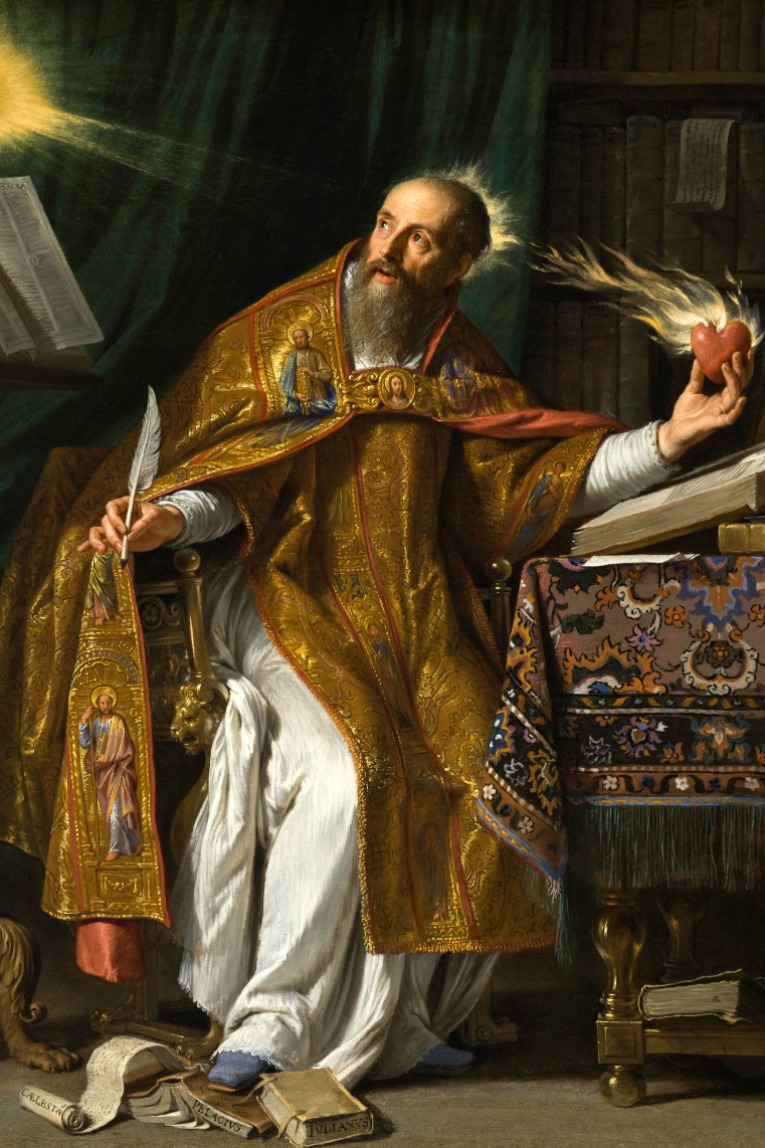
Personal info
Known for
Ultimate Talent
Gender
Male
Birthday
13 November
Location
Souk Ahras, Algeria
Edit pageAugustine of Hippo
Biography
Augustine of Hippo (354–430 CE) was a Christian theologian and philosopher whose writings shaped the foundations of Western Christianity and medieval philosophy. Born in Tagaste, in present-day Algeria, Augustine grew up in a family divided between his pagan father and his devout Christian mother, Saint Monica. His early life was marked by a search for truth and meaning, leading him through studies in rhetoric, philosophy, and various belief systems before his eventual conversion to Christianity.
Educated in Carthage and later teaching rhetoric in Rome and Milan, Augustine initially embraced Manichaeism and then Neoplatonism. However, under the influence of Bishop Ambrose and the spiritual example of his mother, he converted to Christianity in 386 CE. His dramatic spiritual journey is vividly recounted in his famous autobiography, Confessions, one of the most enduring works of Christian literature.
In 395 CE, Augustine became Bishop of Hippo (modern-day Annaba, Algeria), where he served for over thirty years. During this time, he wrote extensively on theology, philosophy, and the human condition. His most influential work, The City of God, written after the sack of Rome in 410 CE, contrasted the earthly city—built on human pride and desire—with the heavenly city—founded on divine love and faith.
Augustine’s thought bridged classical philosophy and Christian doctrine. He argued that true knowledge and happiness come only through God, and he emphasized the harmony between faith and reason. His ideas on free will, original sin, grace, and the nature of the soul profoundly shaped Christian theology for centuries and influenced later thinkers such as Thomas Aquinas, Martin Luther, and Descartes.
Saint Augustine’s legacy endures as one of the greatest minds in Western thought. His reflections on love, time, and the search for God continue to resonate, offering a vision of faith deeply rooted in philosophical inquiry and the inner life of the soul.